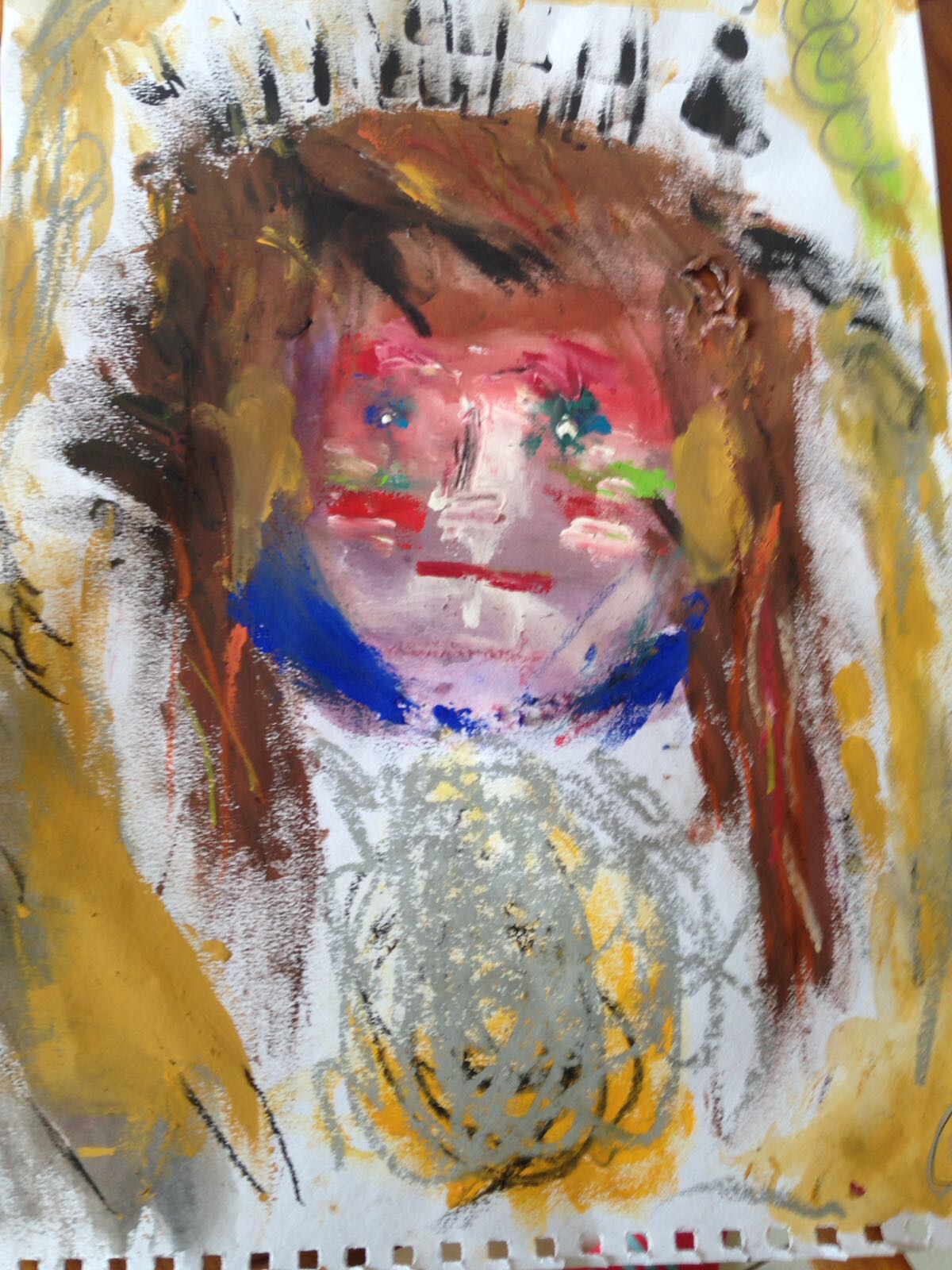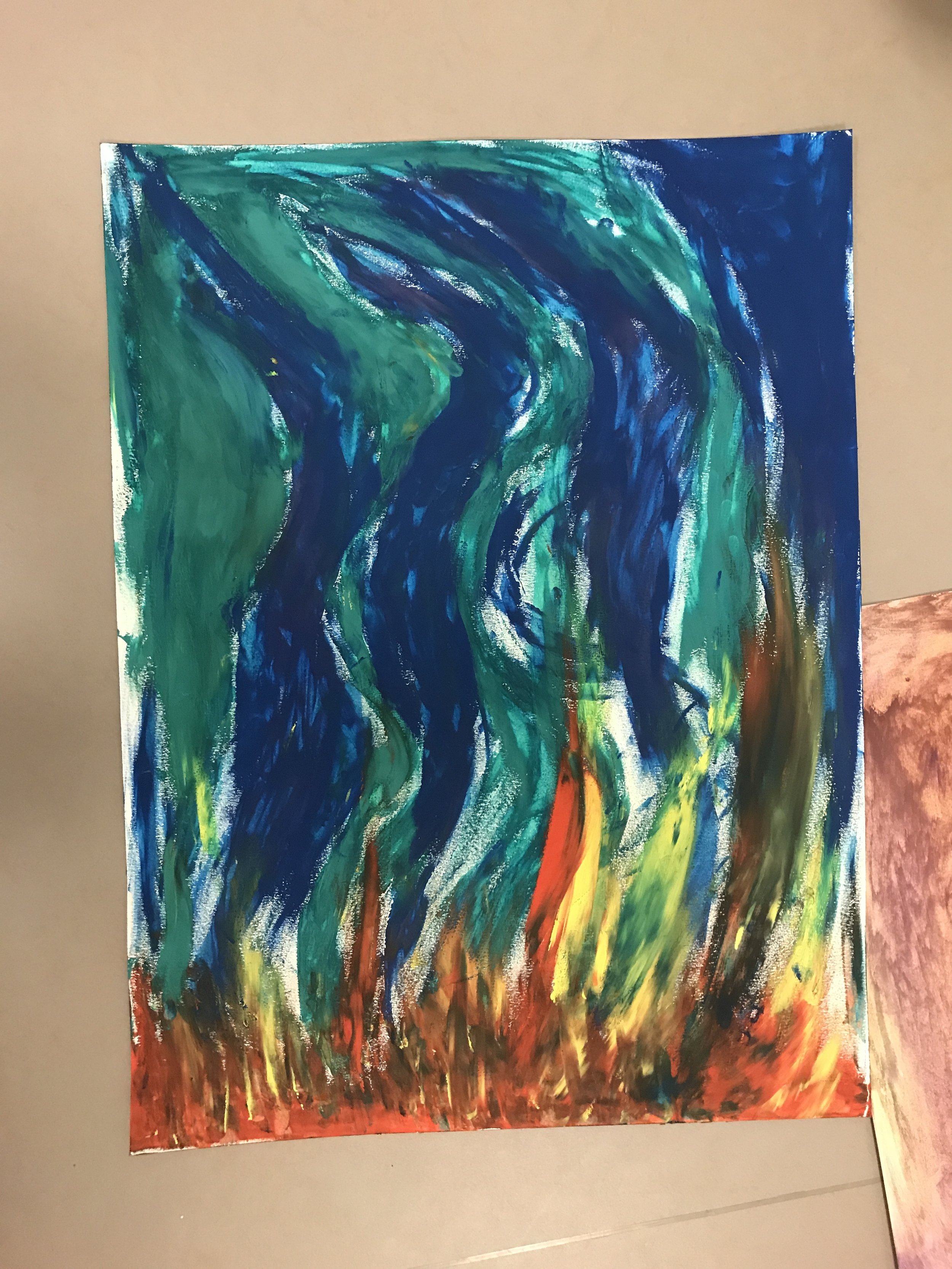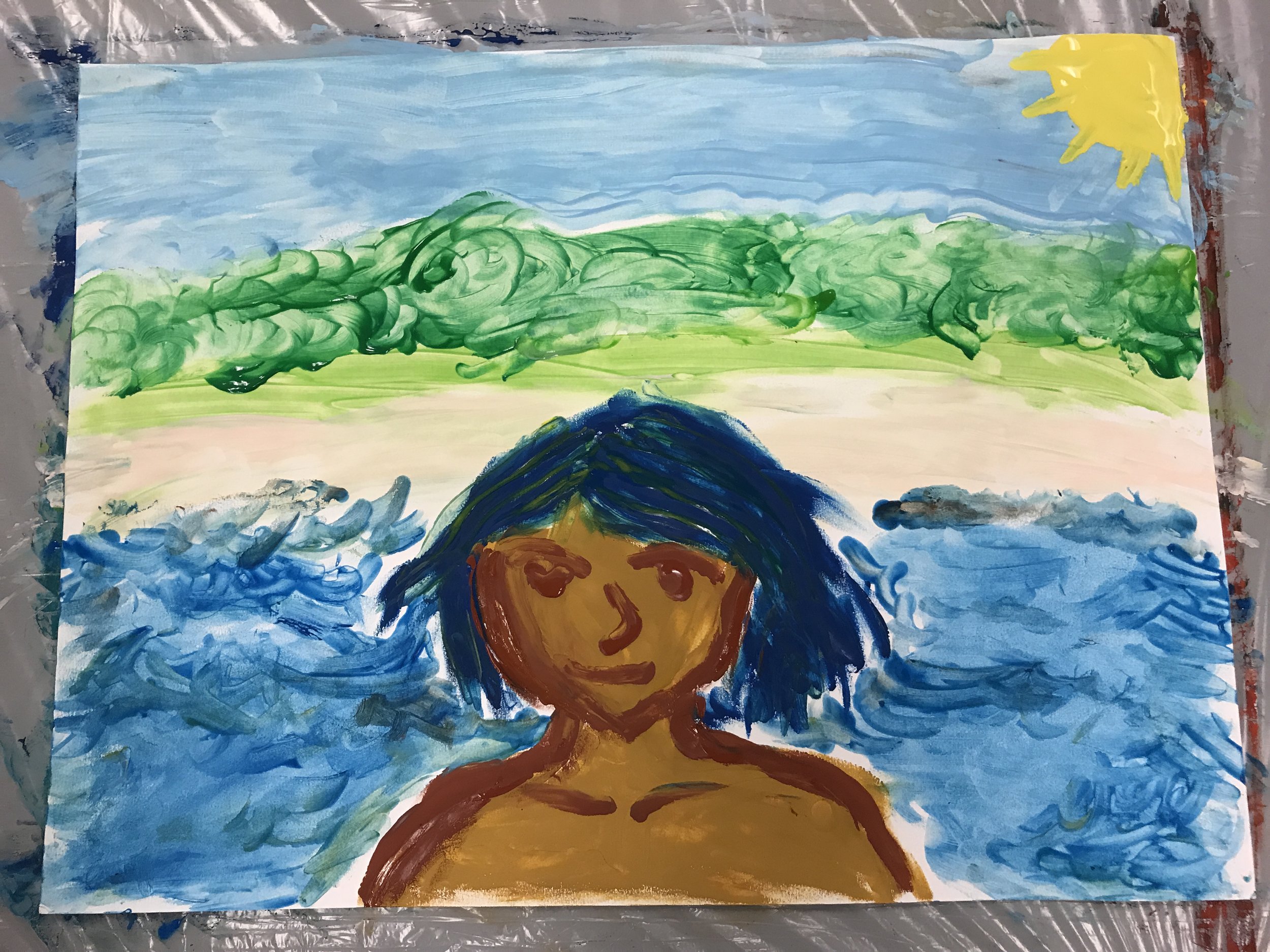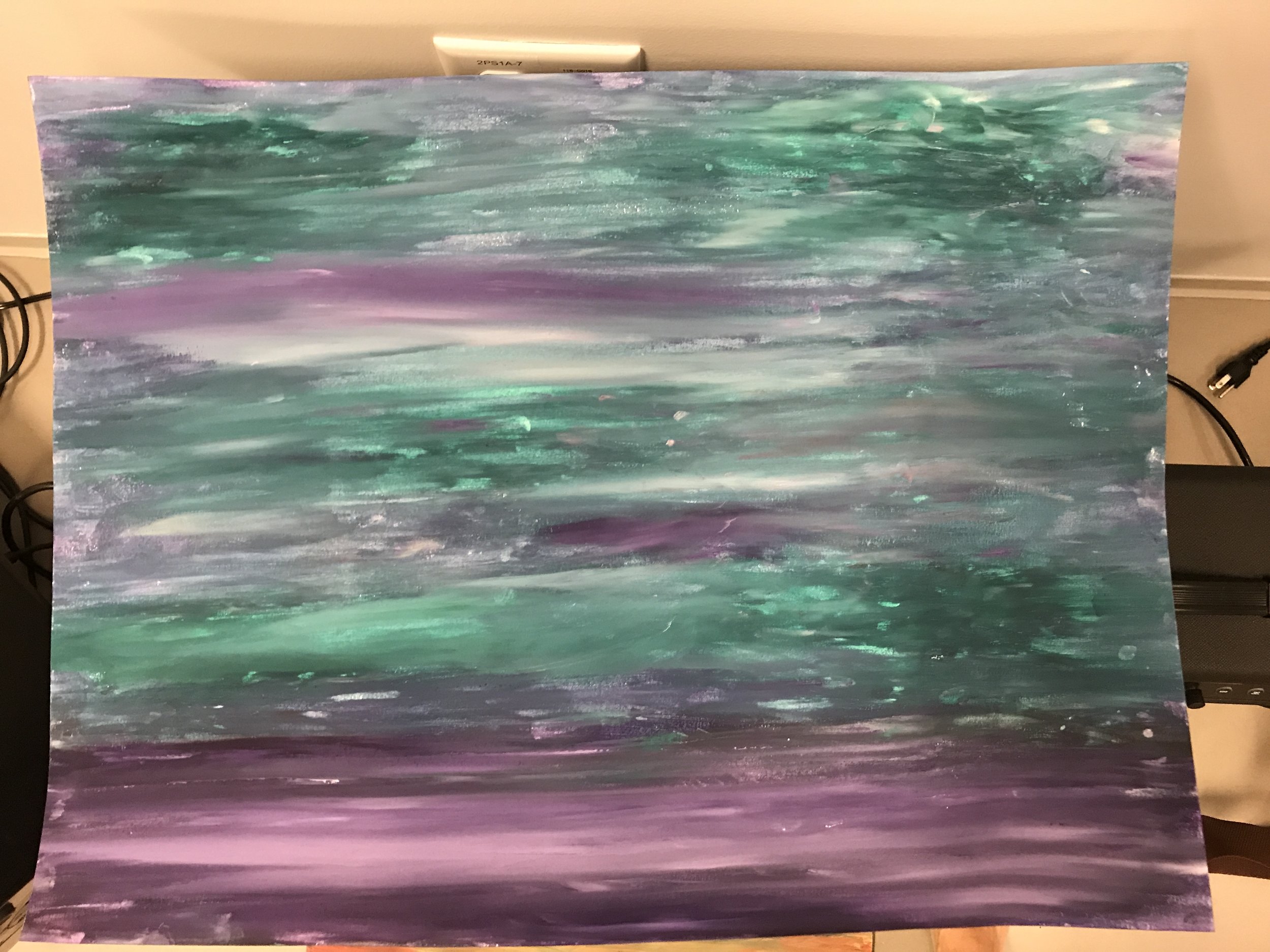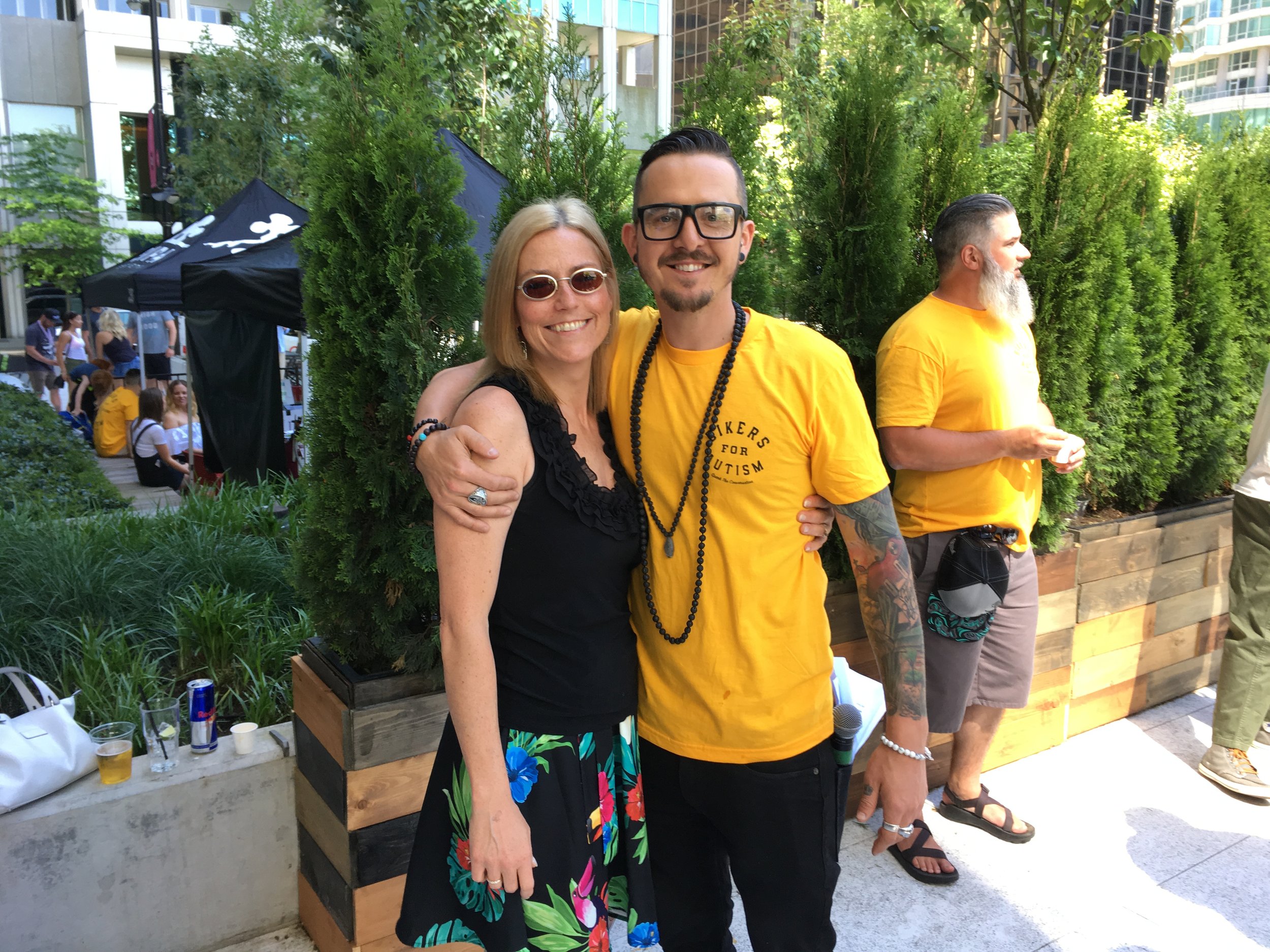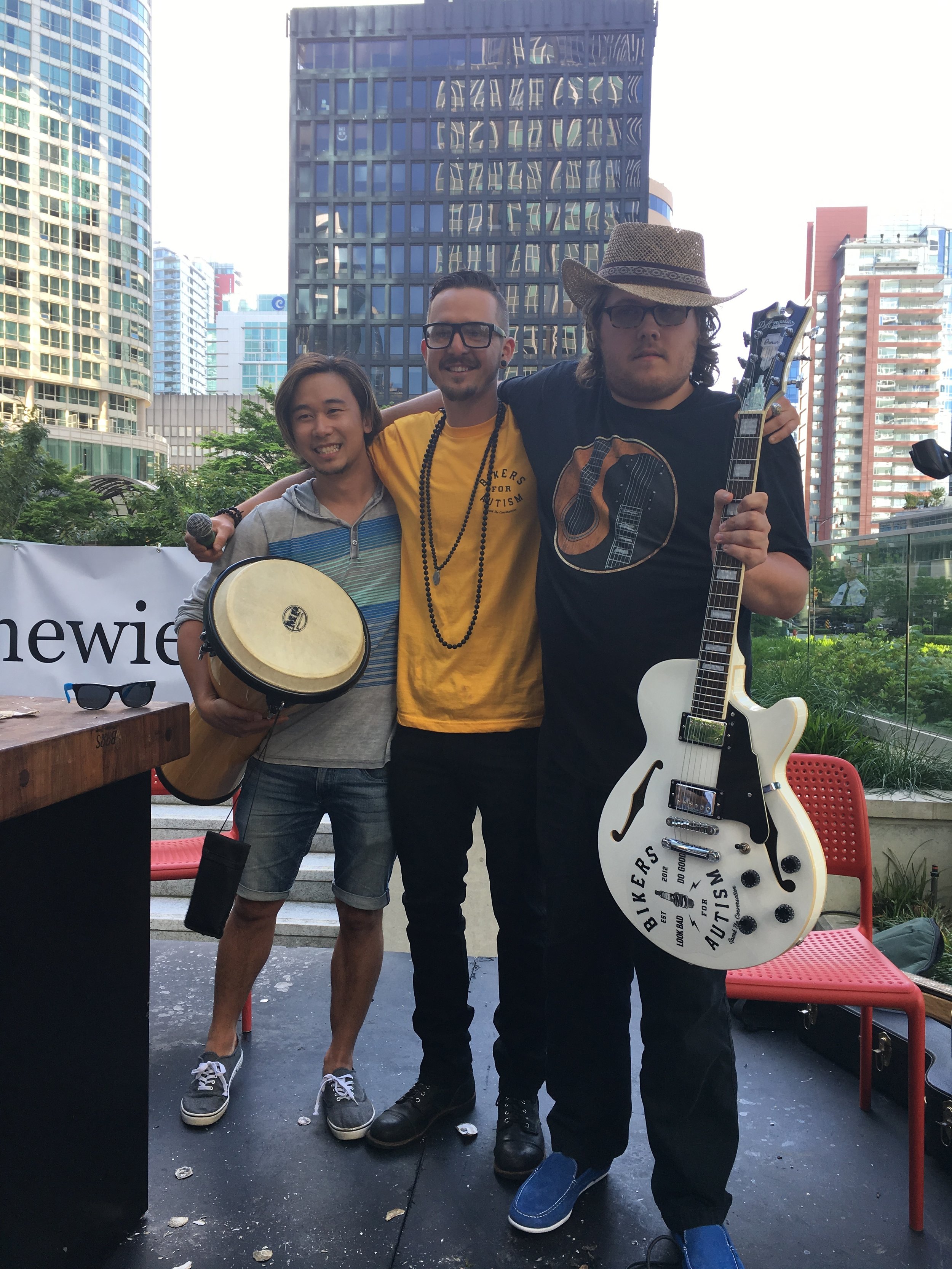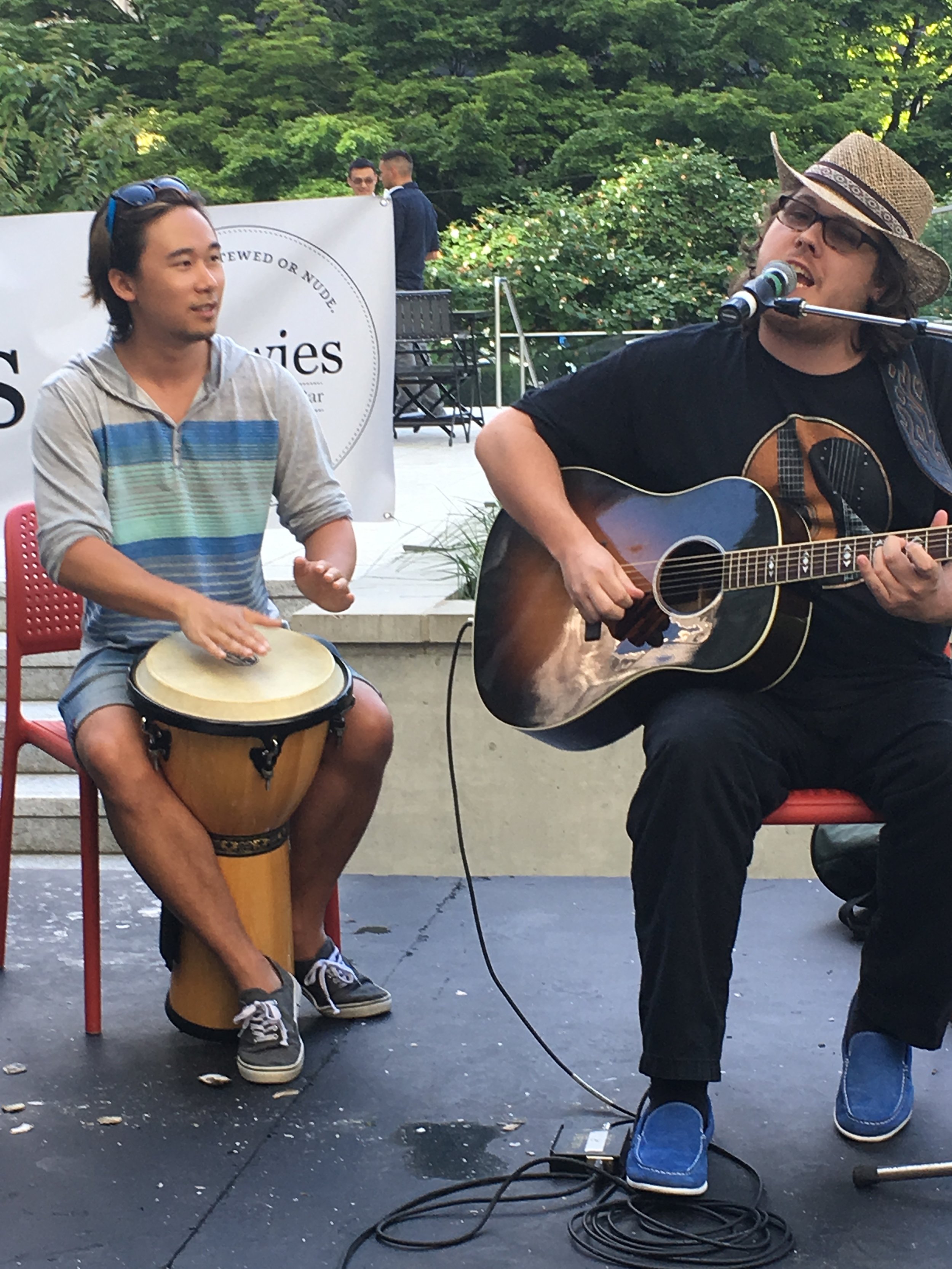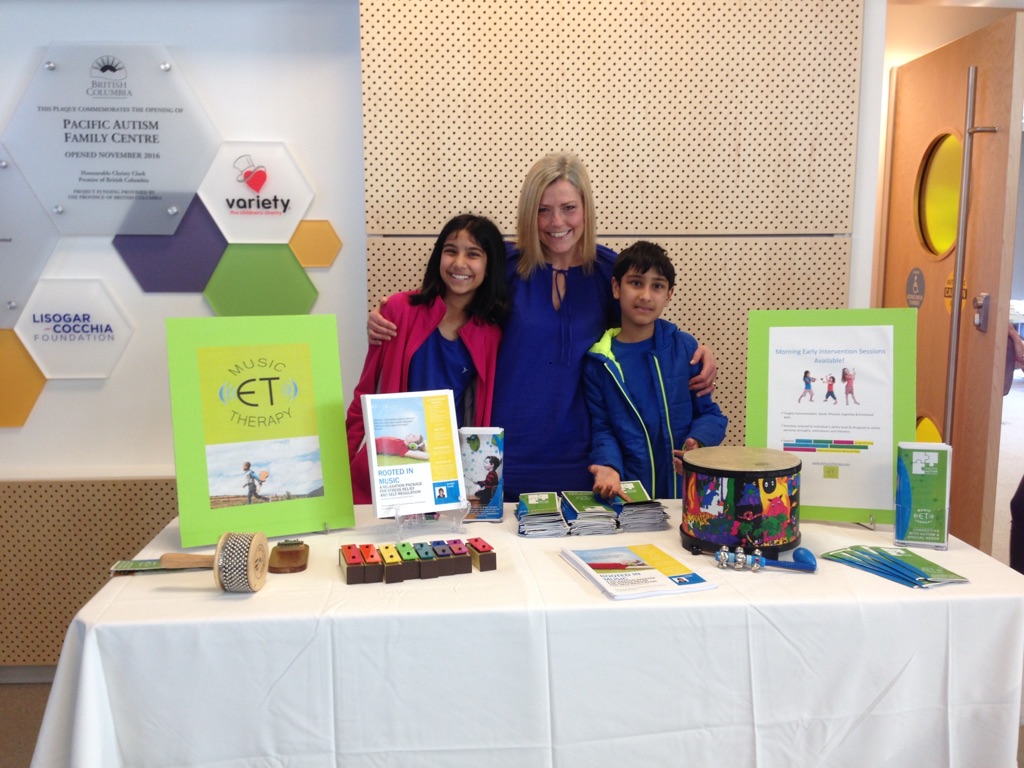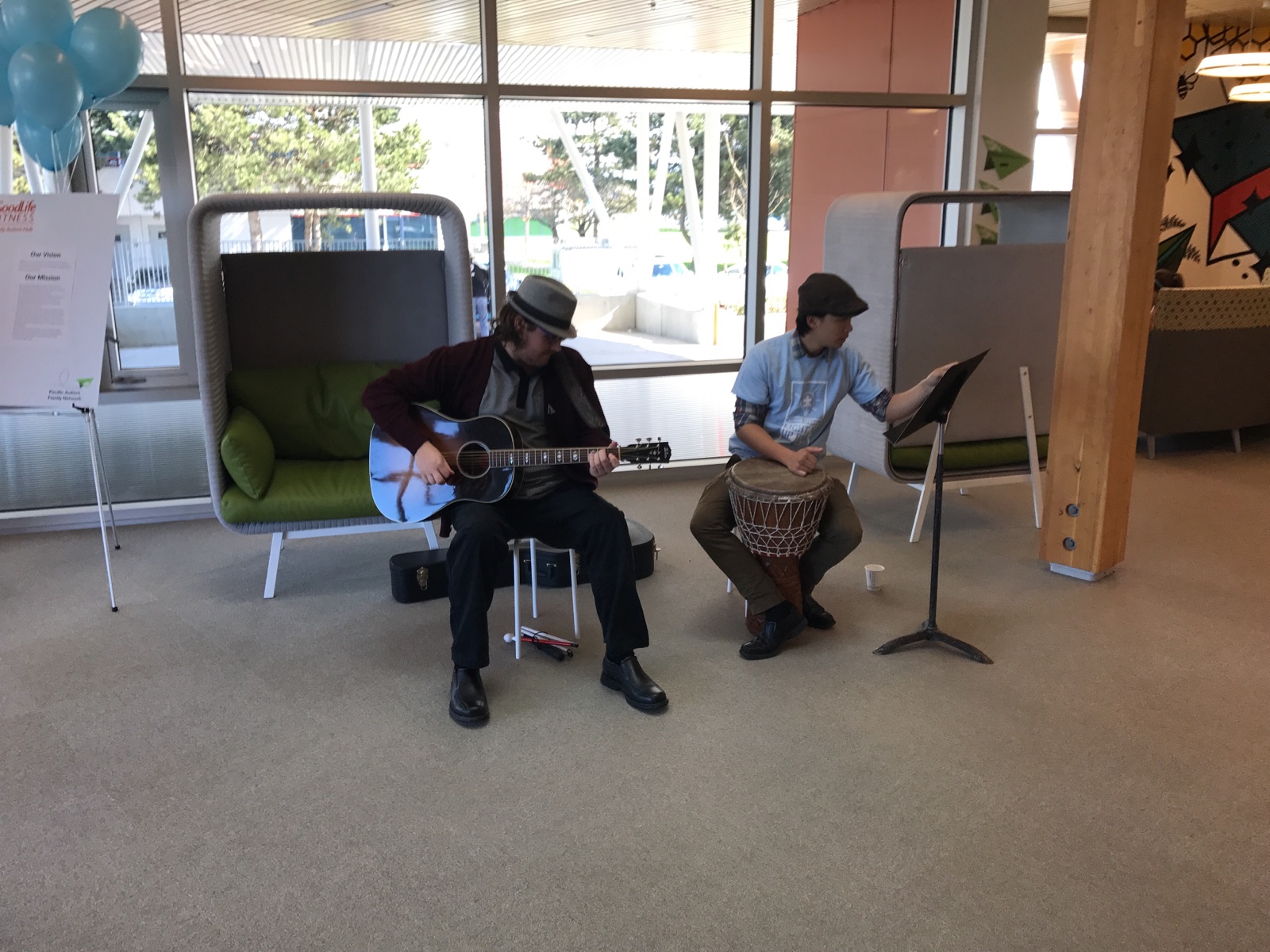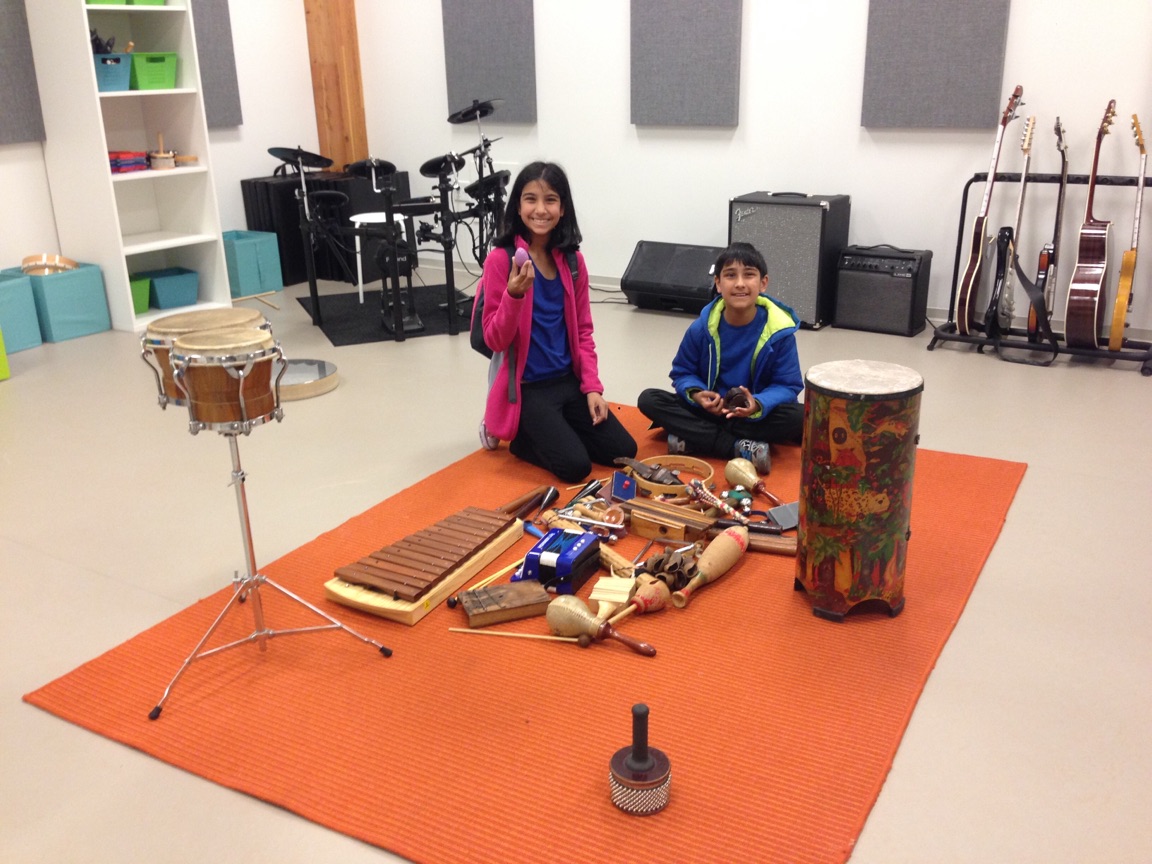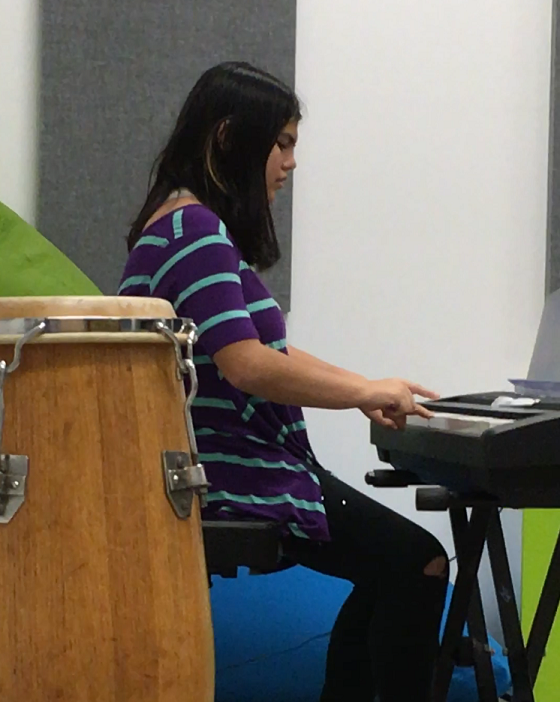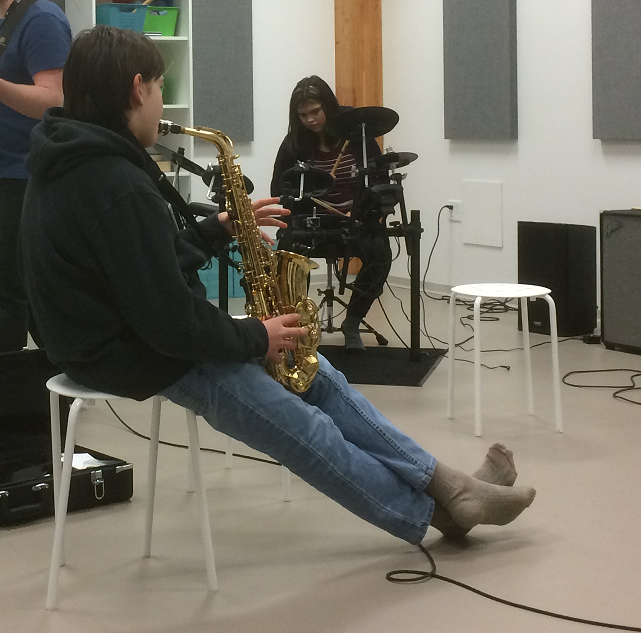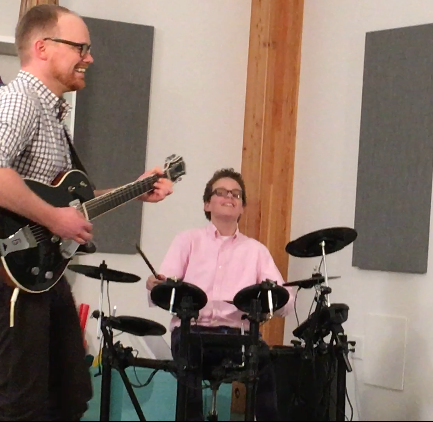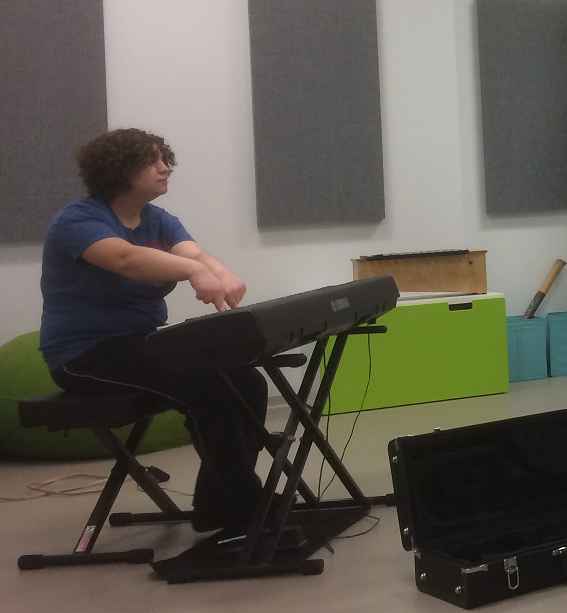Inservice on Music Therapy
- Monday, April 11, 2016
- 5:00pm 6:00pm
Date: Tuesday April 12, 2016 Topic: Exploring Music Therapy for Children who have Special Needs
Presenter Esther Thane, BMT, MTA, AVPT. Esther works as an accredited, clinical music therapist with special needs children in North Vancouver. Joining her for this interactive evening will be Michaela Wallis and Emily Naccarato.
John Braithwaite Community Centre
2nd Floor Family Resource Room 145 West 1st Street, North Vancouver
Allow time to find parking, as there is limited street parking. Pay parking ($3.00 for 2 hrs.) is available in the parkade off Esplanade (turn North under the pedestrian overpass). Elevator to Community Centre on 1st.
TIME: 6:30 PM to 8:30 PM
LIGHT REFRESHMENTS PROVIDED
Canadian Association of Music Therapy- National Conference
May 22, 2015, Calgary, Alberta, Canada
Presentation: Meet in the Music Curriculum & Cloud-Based Music Therapy Data Management System
Presenter: Esther Thane
American Music Therapy Association- National Conference
November 7, 2014, Louisville, Kentucky, US
Presentation: Taking Your Music Therapy Practice Online- Music Therapy Data Management & Curriculum
Presenter: Esther Thane
UBC PWIAS International Roundtable- Music Therapy and Music Cognition Research in Management of Neurological Disorders.
May 7, 2014, University of British Columbia, Peter Wall Institute for Advanced Studies
This event is dedicated to bringing local community members, clinicians, researchers, doctors, and specialists to come together with UBC faculty members from a variety of disciplines to discuss and define current and future interdisciplinary research opportunities around the effects of music and music therapy on common neuro-developmental and neuro-degenerative disorders.
"To the Beat of his own Drum" - The Connection Between Music and the Child with Autism
Guest Speaker: Esther Thane
Co-presenting with: Guest Speaker: Dr. Geoff Bird
Social,Genetic, and Developmental Psychiatry Centre
Institute of Psychiatry, King's College London
Geoff’s PhD and postdoctoral work at UCL concerned those processes supporting social interaction, with a focus on the mirror neuron system and empathy. He investigated these processes in both typical individuals and in those with autism in collaboration with Chris and Uta Frith and with Cecilia Heyes. In October 2007, Geoff took a year’s position as an advisor on science policy to the UK government before joining Birkbeck in October 2008 and then moving to the SGPD Centre at the Institute of Psychiatry (IoP) in January 2013.
WRAMTA Music Therapy Conference
(Western Regional American Music Therapy Association)
Portland, Oregon, USA March 27-30, 2014
* Presenting on "Vocal-Led Relaxation for Children with Autism"
Autism Speaks: Walk for Autism & Resource Fair
September 29, 2013 Vancouver, BC
Representing the Music Therapy Association fo British Columbia with a team of local Music Therapists!
Promoting the Music Therapy Association of British Columbia.
Music Heals Charity Fundraiser- Scotia Bank 5K run
June 15, 2013
This team of Music Therapists raised over $1500 and all the teams running for Music Heals raised over $10,000. Music Heals is a local non-profit organization dedicated to promoting music therapy in BC, and raising funds that directly contribute to the creation/maintenance of client contact hours at various agencies, hospitals, senior homes, etc. www.musicheals.ca
Music Therapy Association of British Columbia's Continuing Education Workshop
"Online Music Therapy For Autism? Reaching Global Audiences in 2013"
Presented by Esther Thane, MTA, AVPT
Date: September 28th 2013, Saturday 2-4 pm
Location: Capilano University, Fir 119, North Vancouver
MTABC Members: FreeNon-MTABC: $35
Canadian Association of Music Therapy National Conference
"A Vocal-Led Relaxation for Children with Autism Spectrum Disorders"
Presented by Esther Thane, MTA, AVPT
Date: May 9, 2013
Location: University of Saskatoon, Saskatchewan




